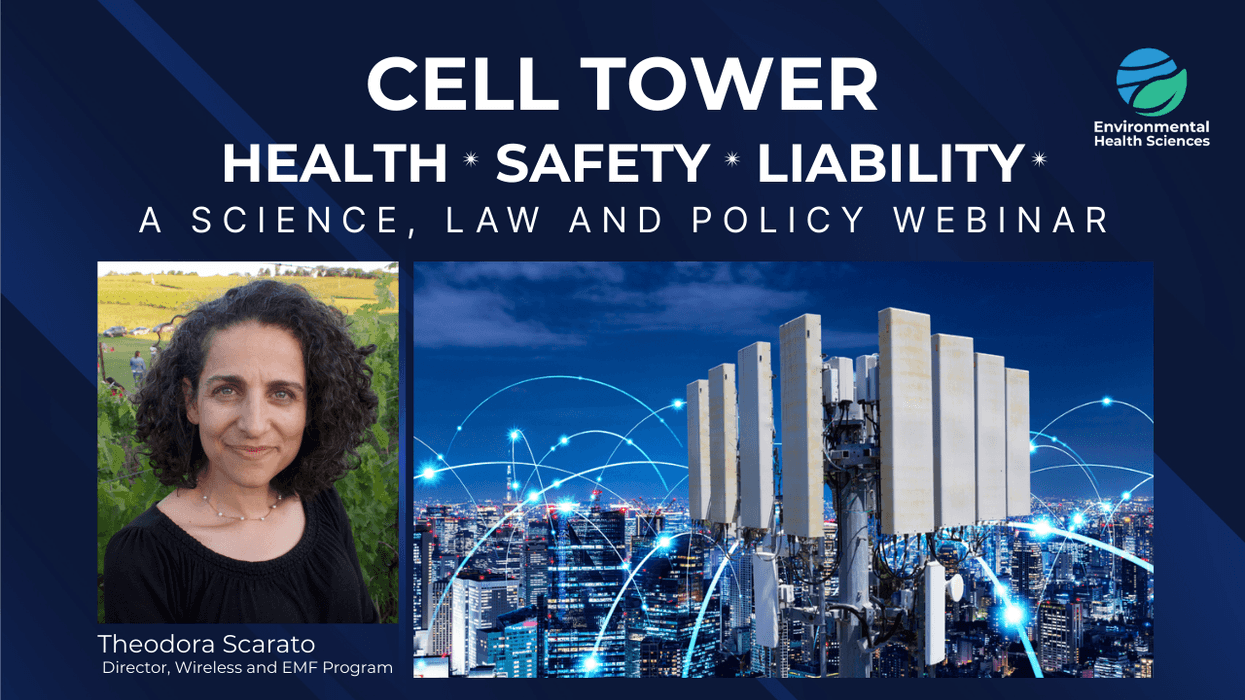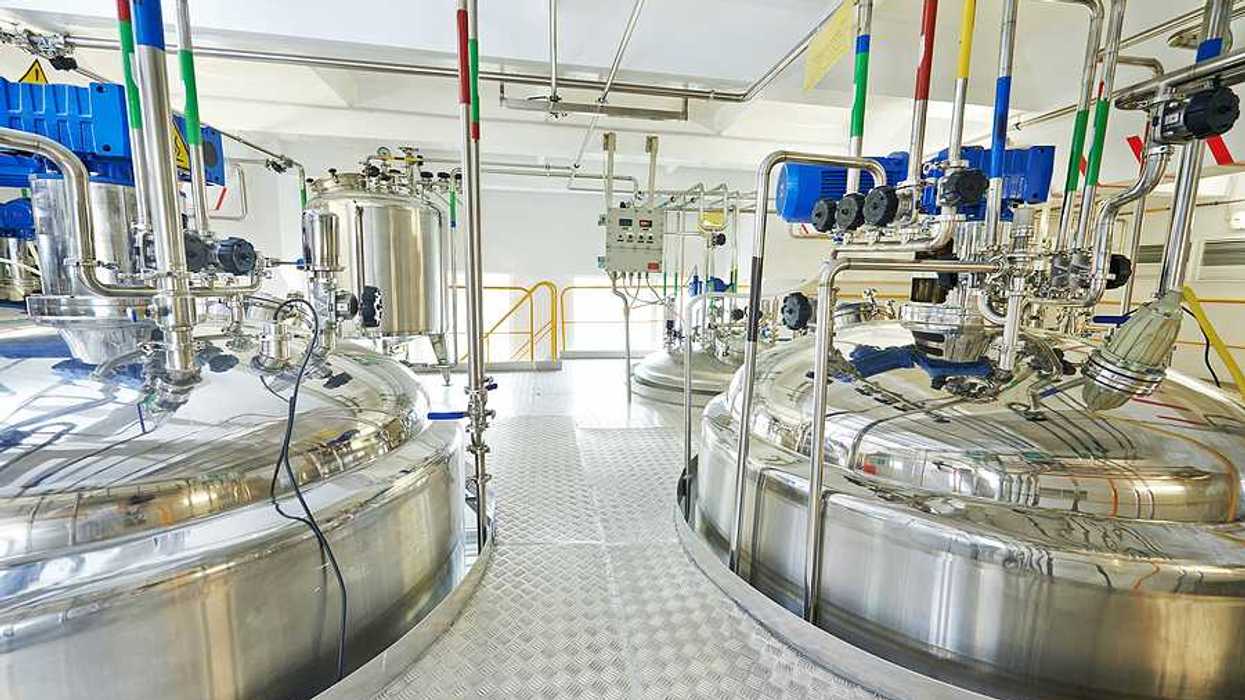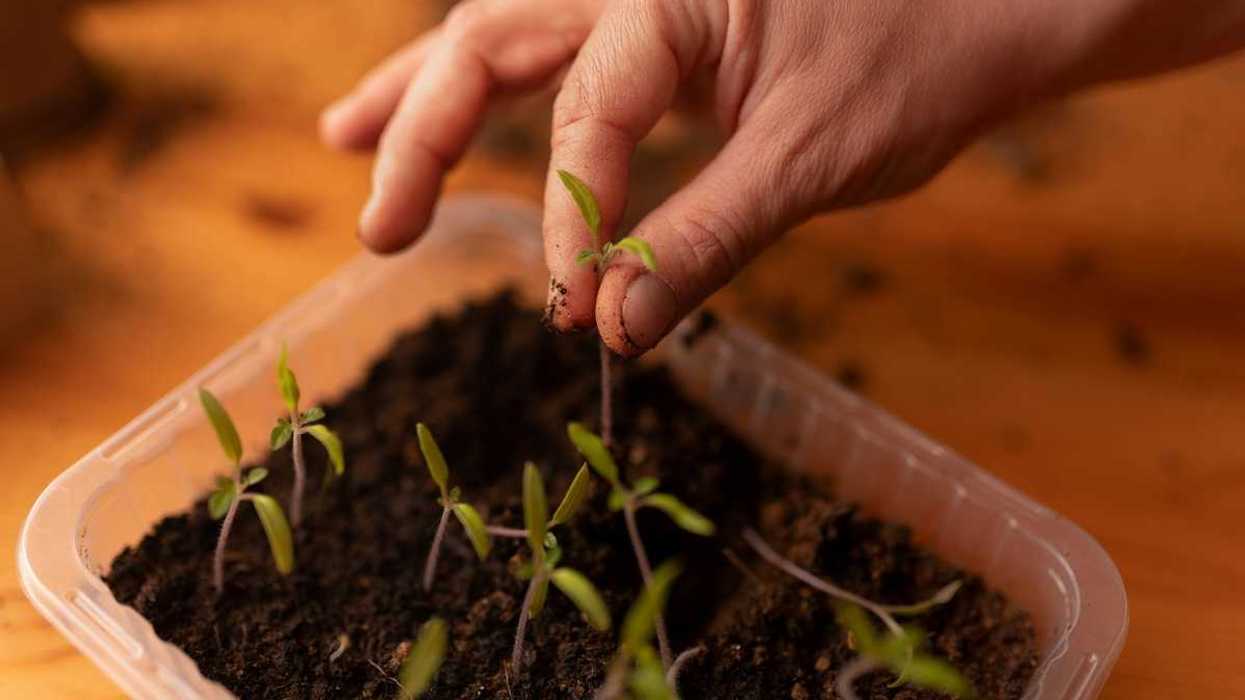A recent shooting incident in Maine suggests a possible connection between lead exposure and violent behavior, focusing on the tragic actions of Robert Card.
Christian Hoover reports for the CommonWealth Beacon.
In short:
- Researchers hint at lead exposure as a significant risk factor for violent behavior, highlighting the case of Robert Card, who exhibited symptoms consistent with lead poisoning.
- Lead, used in various industries, including ammunition, poses health risks and cognitive impairments that could influence one’s propensity for violence.
- The connection between lead exposure and violence calls for heightened awareness and preventive measures among those regularly using firearms.
Key quote:
"My team recently published a paper indicating that household firearm use may be one of the strongest associated factors in cases of elevated child blood lead levels across the United States."
— Christian Hoover, Co-investigator of the Firearm Exposure Research Team
Why this matters:
Research has shown that lead exposure, even at low levels, can impair brain development, leading to reduced IQ, attention span, and academic achievement. Beyond these cognitive effects, lead exposure is also associated with increased aggressiveness, impulsivity, and hyperactivity. These behavioral changes may contribute to a higher propensity for violent behavior later in life.
Despite the mounting concerns over lead exposure from wild game, lead ammunition use continues as hunters and their families remain unaware or deeply mistrustful of the dangers.














